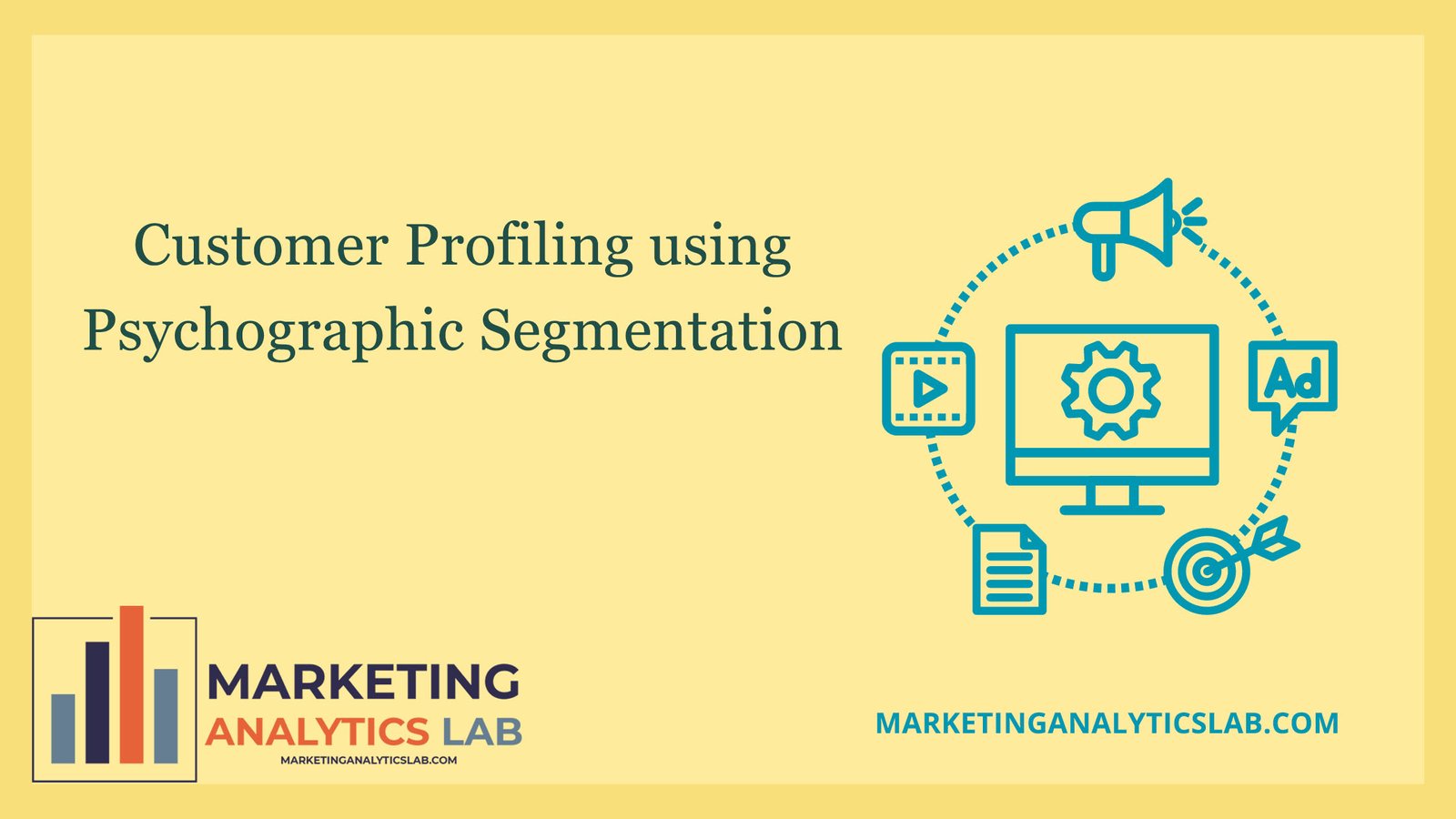Understanding Customer Profiling through Psychographic Segmentation
Customer profiling through psychographic segmentation is a marketing strategy that involves grouping customers based on their psychological traits, such as values, beliefs, interests, and lifestyle choices. Unlike demographic segmentation, which focuses on basic characteristics like age, gender, and income, psychographic segmentation delves deeper into understanding the motivations and preferences that drive consumer behavior. By analyzing these psychological factors, businesses can create more personalized marketing campaigns that resonate with their target audience on a deeper level. This approach allows companies to tailor their products, services, and messaging to meet the unique needs and desires of different customer segments.
Psychographic segmentation involves dividing customers into distinct groups based on factors like personality traits, attitudes, values, and interests. This method helps businesses gain a deeper understanding of their customers by looking beyond surface-level demographics and examining the underlying motivations that drive purchasing decisions. By segmenting customers psychographically, companies can create more targeted marketing strategies that speak directly to the preferences, aspirations, and lifestyles of each customer segment. This personalized approach can lead to increased customer satisfaction, loyalty, and engagement, ultimately driving higher conversion rates and boosting overall sales performance.
Implementing psychographic segmentation for customer profiling requires gathering data through various research methods, such as surveys, interviews, and social media monitoring. By collecting information on customers’ values, attitudes, and behaviors, businesses can create detailed customer profiles that help them better understand their target audience. This insight enables companies to tailor their marketing efforts to align with the preferences and interests of different customer segments, ultimately leading to more effective communication and engagement. By leveraging psychographic segmentation in customer profiling, businesses can gain a competitive edge in the market by delivering personalized experiences that resonate with their target audience.
Benefits of Utilizing Psychographic Segmentation for Customer Profiling
One of the key benefits of utilizing psychographic segmentation for customer profiling is the ability to create targeted marketing campaigns that resonate with specific customer segments. By understanding the unique values, attitudes, and interests of different customer groups, businesses can tailor their messaging and promotions to appeal to the specific needs and preferences of each segment. This personalized approach can help companies build stronger connections with their customers, leading to increased brand loyalty and long-term customer relationships. Additionally, targeted marketing campaigns are more likely to drive higher conversion rates and ROI, as they are more relevant and engaging to the intended audience.
Another advantage of psychographic segmentation for customer profiling is its ability to uncover hidden opportunities for growth and innovation. By analyzing customer preferences and behavior patterns, businesses can identify emerging trends, unmet needs, and untapped market segments that present new opportunities for expansion. This insight allows companies to develop new products, services, and marketing strategies that align with the evolving needs and desires of their target audience. By staying ahead of the curve and anticipating changes in consumer behavior, businesses can position themselves as industry leaders and drive sustainable growth in an ever-changing marketplace.
Furthermore, psychographic segmentation enables businesses to enhance their customer retention efforts by delivering personalized experiences that cater to individual preferences and lifestyles. By understanding what motivates and drives their customers, companies can create loyalty programs, rewards systems, and targeted promotions that foster long-term relationships and repeat business. This personalized approach not only increases customer satisfaction and engagement but also helps businesses differentiate themselves from competitors and build a strong brand identity. Ultimately, by leveraging psychographic segmentation for customer profiling, companies can improve customer loyalty, drive sales growth, and establish themselves as trusted leaders in their respective industries.

